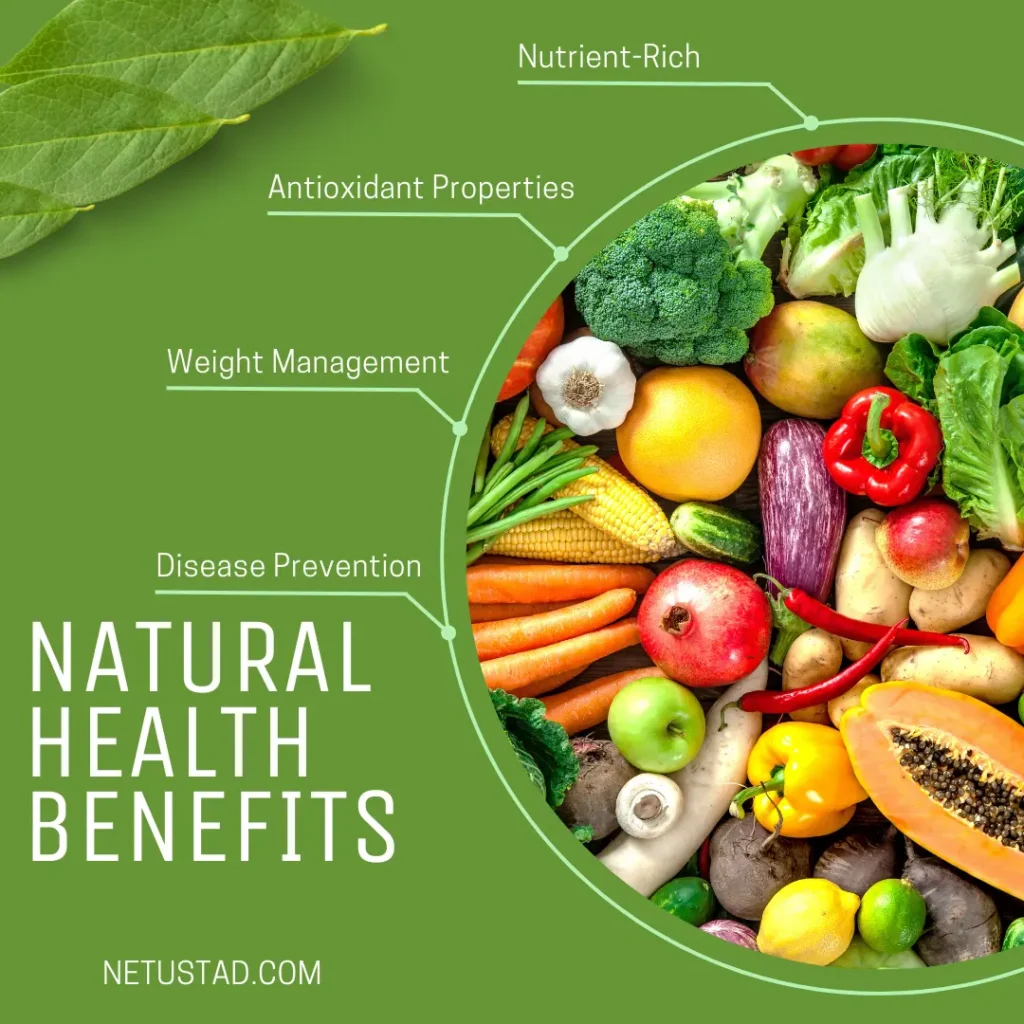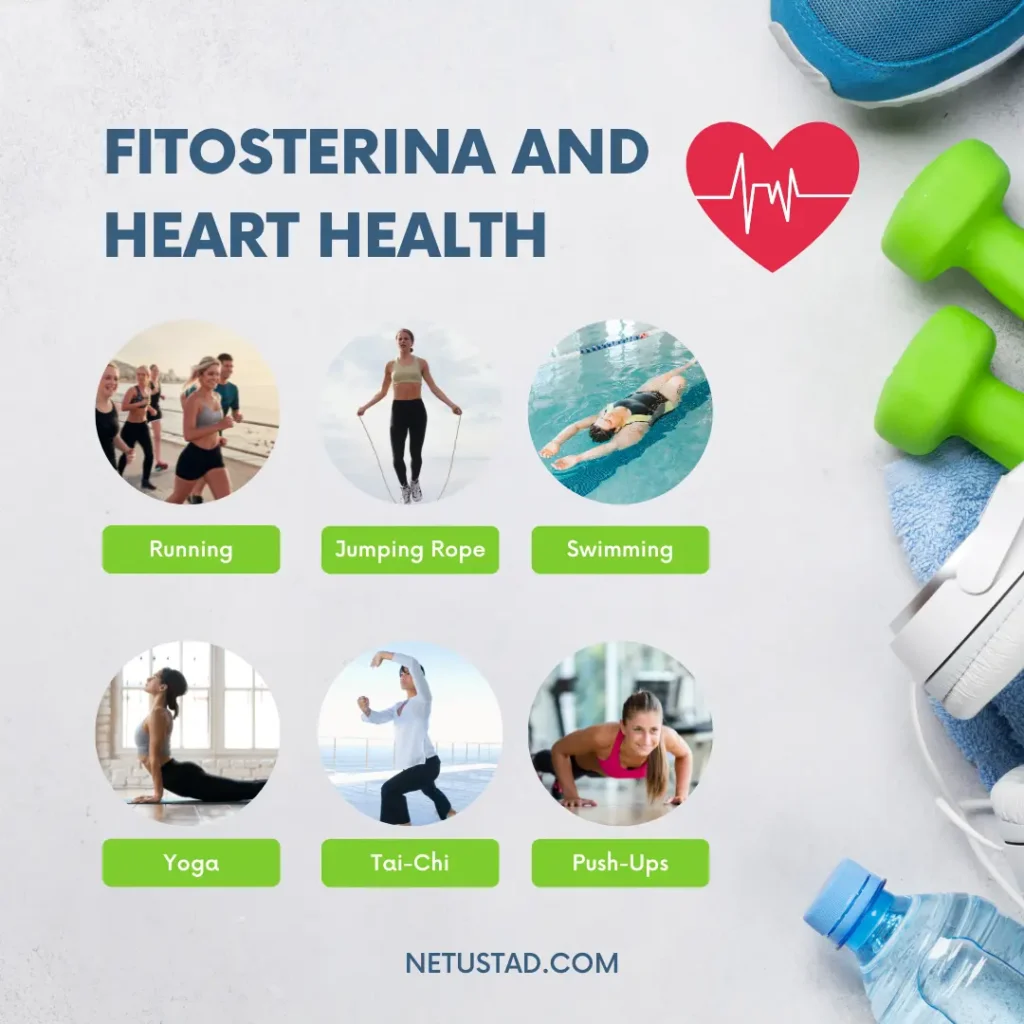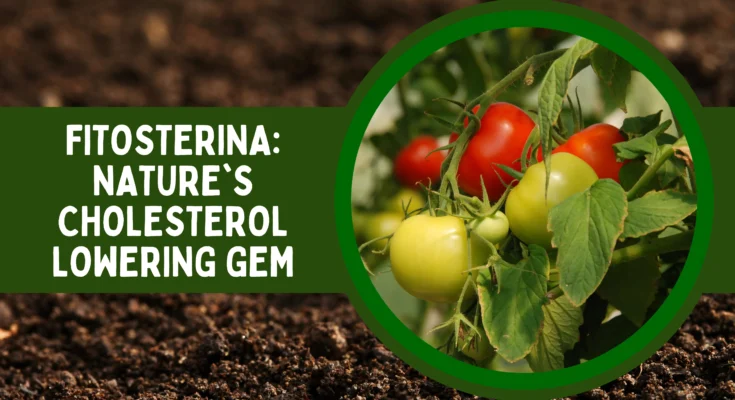In today’s world, where maintaining a healthy lifestyle is a top priority, the discovery of natural compounds that offer potential health benefits has garnered significant attention. One such compound is it, a plant-derived substance that has been the subject of extensive research and discussion. Fitosterina, also known as phytosterols, are plant-based compounds that share structural similarities with cholesterol. These naturally occurring substances have captured the interest of health enthusiasts, researchers, and medical professionals alike due to their potential to promote overall well-being.
What is Fitosterina?
Fitosterina, or phytosterols, are steroid compounds found in various plant-based foods. They are structurally similar to cholesterol, which is naturally produced by the human body. However, unlike cholesterol, it is derived from plants and is considered a valuable dietary component. These compounds are particularly abundant in foods such as vegetable oils, nuts, seeds, whole grains, and various fruits and vegetables.
Sources of Fitosterina
Fitosterina can be obtained from a wide range of plant-based sources. Some of the richest sources include:
- Vegetable oils: Corn oil, sunflower oil, and soybean oil are particularly high in it.
- Nuts and seeds: Almonds, pistachios, sesame seeds, and sunflower seeds are excellent sources.
- Whole grains: Wheat germ, bran, and whole grain products contain significant amounts of it.
- Fruits and vegetables: Avocados, broccoli, cauliflower, and Brussels sprouts are among the top it-rich produce items.
Health Benefits of Fitosterina
Research has uncovered several potential health benefits associated with the consumption of it, including:

Immune System Support
Fitosterina has been found to possess immunomodulatory properties, which means it can help regulate and support the body’s immune system. Some studies suggest that it may enhance immune function, potentially reducing the risk of certain infections and inflammatory conditions.
Potential Risks of Fitosterina
While it is generally considered safe when consumed in moderate amounts through a balanced diet, there are some potential risks to be aware of:
- Reduced absorption of fat-soluble vitamins: It may interfere with the absorption of vitamins A, D, E, and K, which are fat-soluble.
- Gastrointestinal side effects: In some individuals, high doses of these supplements may cause gastrointestinal discomfort, such as constipation, diarrhea, or bloating.
- Interactions with medications: It may interact with certain medications, such as cholesterol-lowering drugs, potentially affecting their effectiveness or increasing the risk of side effects.
Fitosterina and Heart Health
One of the most well-known benefits of it is its potential to support heart health by reducing cholesterol levels. It has been shown to inhibit the absorption of dietary cholesterol and promote the excretion of cholesterol from the body. This cholesterol-lowering effect may help reduce the risk of cardiovascular diseases, such as heart attacks and strokes.

Fitosterina Supplements
In addition to obtaining it from dietary sources, supplements containing concentrated forms of phytosterols are widely available. These supplements are often marketed as cholesterol-lowering agents and may be recommended for individuals with elevated cholesterol levels or those at risk of heart disease.
Fitosterina and Weight Management
Research suggests that fitosterina may play a role in weight management by regulating appetite and promoting feelings of fullness. Some studies indicate that consuming foods or supplements rich in fitosterina can help reduce calorie intake and promote satiety, potentially aiding in weight loss efforts.
- Fitosterina may help regulate appetite hormones, such as ghrelin and leptin, which control hunger and feelings of fullness.
- The presence of it in the digestive system may delay gastric emptying, leading to prolonged feelings of satiety.
- Fitosterina may also influence the metabolism of lipids (fats), potentially contributing to weight management.
Fitosterina and Cognitive Health
Emerging research has explored the potential neuroprotective effects of it, suggesting that it may support cognitive function and brain health. While more studies are needed, some findings indicate that fitosterina may:
- Reduce inflammation in the brain, which is linked to cognitive decline and neurodegenerative conditions.
- Improve memory and learning abilities by enhancing neuronal communication and plasticity.
- Protect against oxidative stress and cell damage in the brain, potentially reducing the risk of cognitive impairment.
Fitosterina and Diabetes
Several studies have investigated the relationship between fitosterina and diabetes, with promising results. It may offer potential benefits for individuals with diabetes or those at risk of developing the condition:
- Fitosterina has been shown to improve blood sugar control and insulin sensitivity, which can help manage diabetes more effectively.
- It may reduce the risk of developing type 2 diabetes by improving glucose and lipid metabolism.
- It may also have anti-inflammatory effects, which can be beneficial for individuals with diabetes-related complications.
Tips and Tricks
To incorporate fitosterina into your daily routine, consider the following tips:
- Increase plant-based food consumption: Opt for a diet rich in fruits, vegetables, whole grains, nuts, and seeds to naturally increase your fitosterina intake.
- Use fitosterina-fortified foods: Many food products, such as margarine, dairy products, and juices, are now fortified with fitosterina to enhance their nutritional value.
- Consider supplementation: If advised by a healthcare professional, consider taking fitosterina supplements to help manage cholesterol levels or support overall health.
Conclusions
Fitosterina, the plant-based compounds found in various foods, have emerged as a promising natural substance with potential health benefits. From supporting heart health and immune function to aiding in weight management and cognitive well-being, it has garnered significant interest. While more research is needed to fully understand its mechanisms and long-term effects, incorporating it into a balanced diet through plant-based foods or supplements (if recommended) may offer valuable advantages for overall well-being.
Frequently Asked Questions
Is fitosterina safe for everyone?
While it is generally considered safe when consumed in moderate amounts through a balanced diet, individuals with certain medical conditions or those taking medications should consult with a healthcare professional before increasing their it intake or taking supplements.
Can fitosterina lower cholesterol levels?
Yes, it has been shown to help reduce cholesterol levels by inhibiting the absorption of dietary cholesterol and promoting its excretion from the body. This cholesterol-lowering effect may help reduce the risk of cardiovascular diseases.
Are there any side effects associated with fitosterina consumption?
In some individuals, high doses of it supplements may cause gastrointestinal discomfort, such as constipation, diarrhea, or bloating. Additionally, it may interfere with the absorption of fat-soluble vitamins and interact with certain medications.
How can I increase my fitosterina intake through diet?
To increase your it intake through diet, focus on consuming more plant-based foods, such as vegetable oils, nuts, seeds, whole grains, fruits, and vegetables. Additionally, look for it-fortified food products.
Should I take fitosterina supplements?
The decision to take It supplements should be made in consultation with a healthcare professional, considering your individual health needs and any potential risks or interactions with medications you may be taking.

